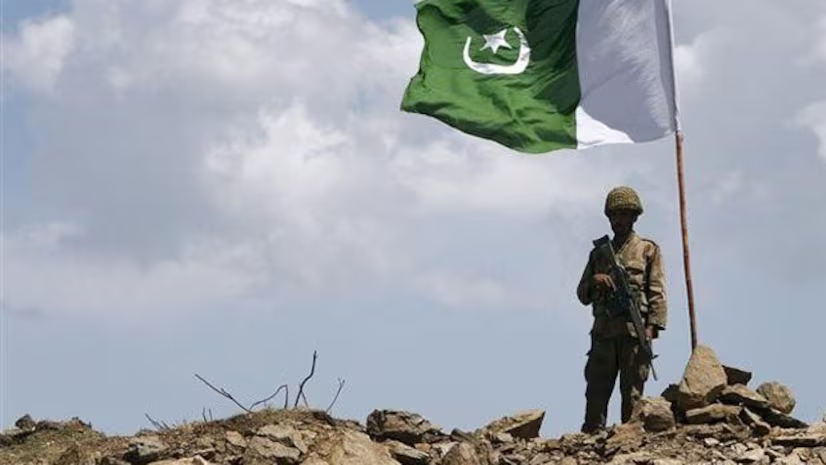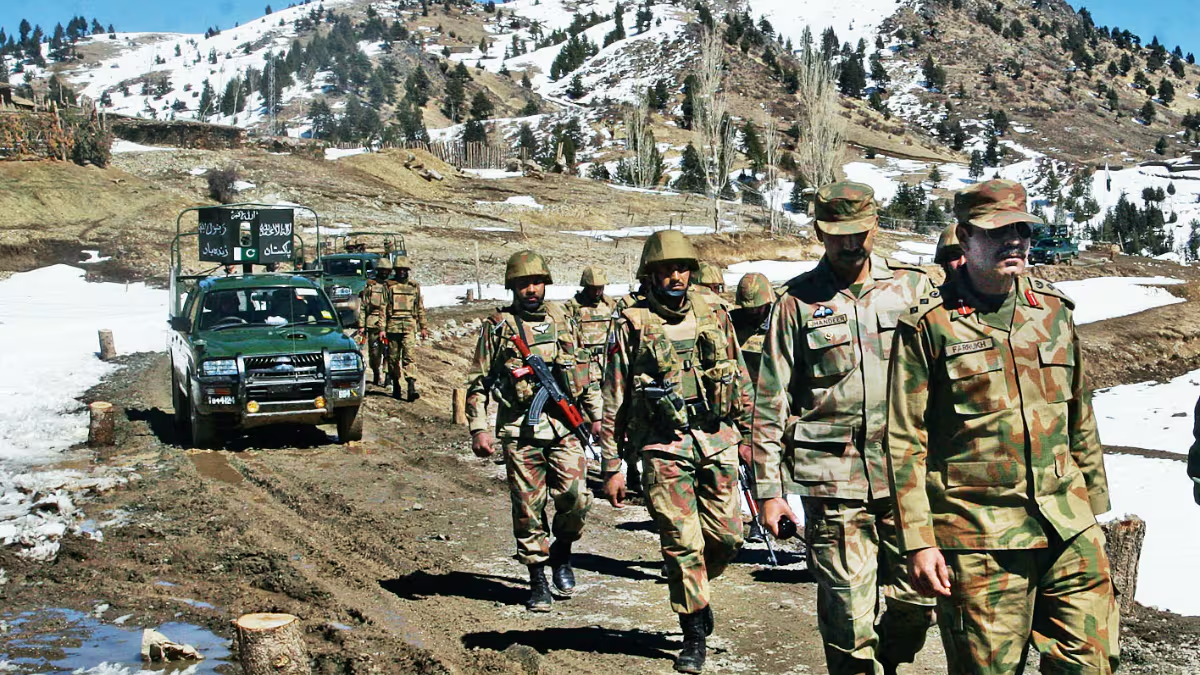The Pakistan Army is set to return to Bangladesh in February 2025, marking a historic and controversial development since the 1971 Liberation War that gave birth to an independent Bangladesh.
This move, involving Pakistan’s military training Bangladeshi soldiers, has significant implications for regional security and diplomacy, especially concerning India.
The Return of Pakistan Army to Bangladesh
After more than five decades, the Pakistan Army will reestablish a presence in Bangladesh through a military training agreement, symbolizing a new chapter in their bilateral relations. This arrangement, proposed by General S. Shamshad Mirza, chairman of Pakistan’s Joint Chiefs of Staff Committee, was accepted by the Yunus-led interim government in Dhaka.
The training is scheduled to occur in four cantonments across Bangladesh, beginning with the Mymensingh cantonment, which hosts the Bangladesh Army’s Training and Doctrine Command headquarters. Reports suggest that senior Pakistani officers, including those of Major General rank, may lead these training sessions.
Read : Afghan Taliban strike back at Pakistan
This development represents a significant shift in Bangladesh’s diplomatic stance. Historically, Bangladesh has maintained strained ties with Pakistan due to the atrocities committed during the 1971 war.
Read : Pakistan 4th, Nepal 7th, North Korea 8th: Check the Top Ten Weakest Passports in the World in 2024
However, the current interim government appears to view this initiative as an opportunity to mend fences with Islamabad, signaling a departure from the pro-India policies of the Awami League, which has traditionally governed with a focus on fostering close ties with New Delhi.
Implications for India’s Security
The re-entry of the Pakistan Army into Bangladesh poses a strategic challenge for India, particularly in the sensitive Northeastern region.
Historically, Pakistan has been accused of supporting terrorism and insurgency against India, with groups operating from its territory targeting Indian states such as Jammu and Kashmir and Punjab.

India’s security agencies have consistently pointed to the active involvement of Pakistan’s Inter-Services Intelligence (ISI) in anti-India operations, including the devastating 2008 Mumbai attacks. The possibility of Pakistani-trained Bangladeshi officers adopting or disseminating anti-India ideologies raises alarms in New Delhi.
Historical precedence underscores these concerns. Following Bangladesh’s independence, several officers trained by Pakistan assumed influential positions in the Bangladeshi military and political leadership.
Among them were General Ziaur Rahman and Lieutenant General H.M. Ershad, both of whom served as Presidents of Bangladesh. During their tenures, anti-India sentiments occasionally surfaced, influenced by the training and ideologies imparted by the Pakistan Army.
Geopolitical Shifts and Regional Dynamics
This development is taking place against a backdrop of significant geopolitical shifts. The interim government in Bangladesh, led by Nobel laureate Muhammad Yunus, has initiated moves perceived as distancing Dhaka from its traditional ally, India.
Concurrently, cases have been filed against military leaders with close ties to the Awami League and Sheikh Hasina, further weakening pro-India elements within Bangladesh’s establishment.

India’s concerns are compounded by China’s growing influence in the region. As Pakistan’s ally, China has been strategically bolstering its presence in Bangladesh and India’s Northeastern states, creating additional pressure on New Delhi.
The return of the Pakistan Army to Bangladesh adds another layer to this complex geopolitical equation, potentially enabling Islamabad to exert influence in a region critical to India’s security interests.
A Historic Turning Point for South Asia
The planned return of the Pakistan Army to Bangladesh represents a historic turning point for South Asia. It underscores the evolving dynamics of regional diplomacy and security, with significant implications for India, Bangladesh, and Pakistan.
While Dhaka may view this initiative as a step towards improving ties with Islamabad, it simultaneously risks straining its relationship with New Delhi.
As this development unfolds, the region must grapple with its potential to reshape alliances and rivalries. For India, the priority remains ensuring the security of its Northeastern states and countering any efforts to undermine its sovereignty.
For Bangladesh, the challenge lies in balancing its desire to rebuild ties with Pakistan while addressing domestic and regional concerns about the implications of this new partnership.

